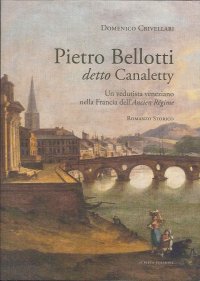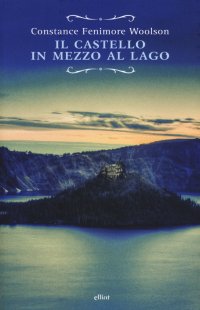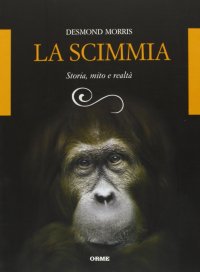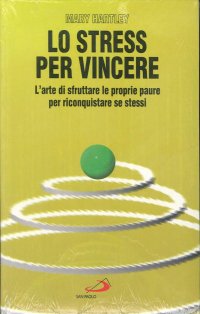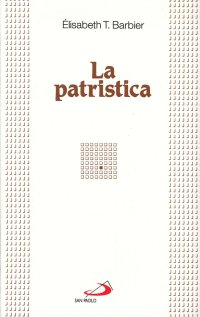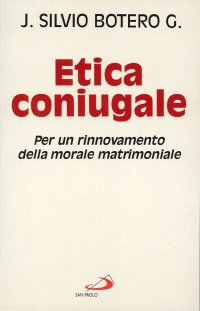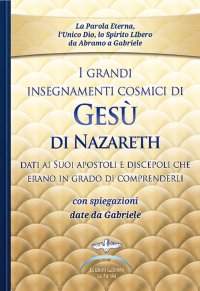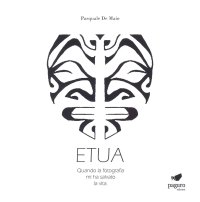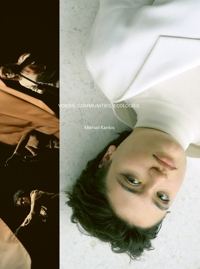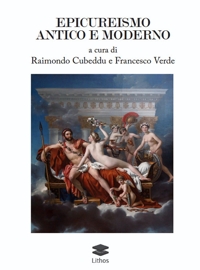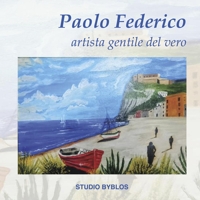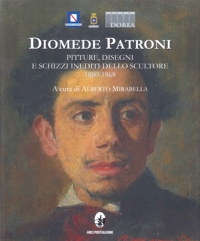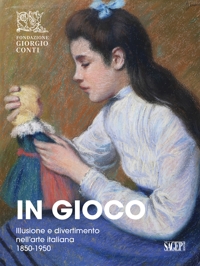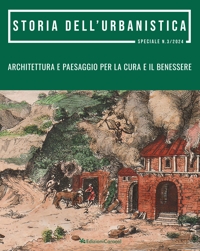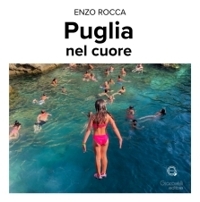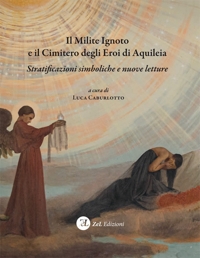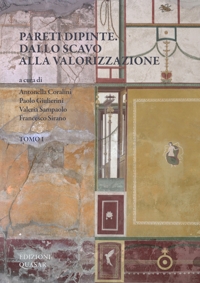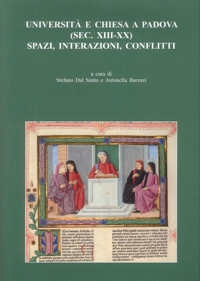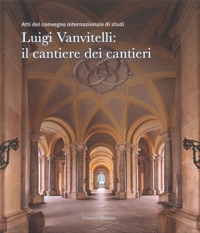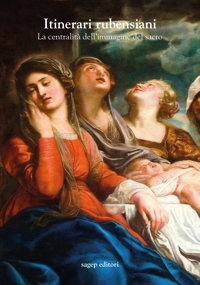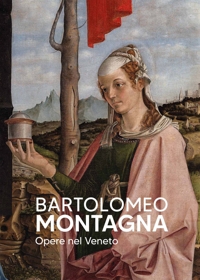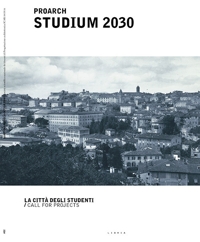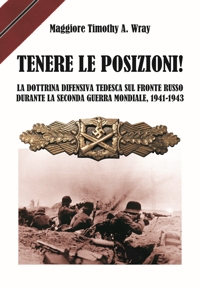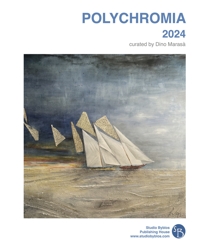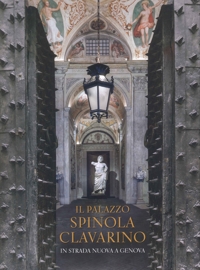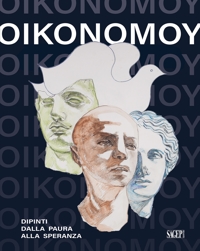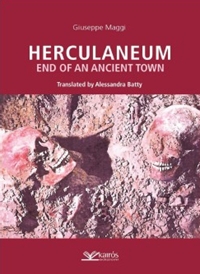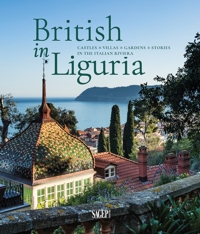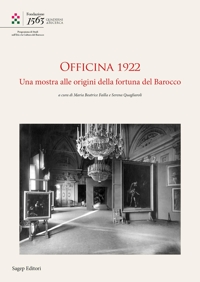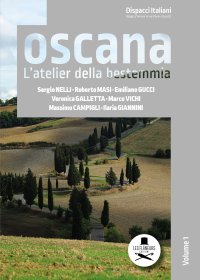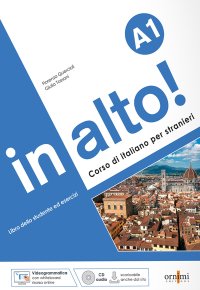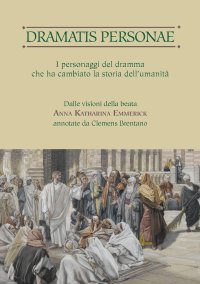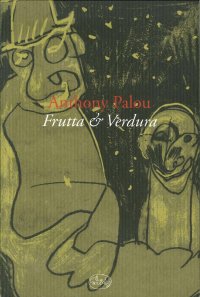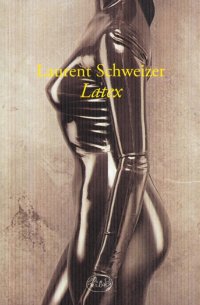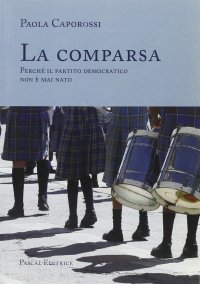Felice Palma. Massa 1583-1625. Collezione / Collection.
Testi di Andrei Cristina, Ciarlo Nicola, Federici Fabrizio, Claudio Casini e Sara Ragni.
Testo Italiano e Inglese.
Pontedera, 2024; ril. in cofanetto, pp. 289, ill. b/n e col., tavv. b/n e col., cm 24,5x34.
(L'Oro Bianco. Straordinari Dimenticati. The White Gold Forgotten Masters).
prezzo di copertina: € 160.00
|
Libri compresi nell'offerta:
Felice Palma. Massa 1583-1625. Collezione / Collection.
Testi di Andrei Cristina, Ciarlo Nicola, Federici Fabrizio, Claudio Casini e Sara Ragni.
Testo Italiano e Inglese.
Pontedera, 2024; ril. in cofanetto, pp. 289, ill. b/n e col., tavv. b/n e col., cm 24,5x34.
(L'Oro Bianco. Straordinari Dimenticati. The White Gold Forgotten Masters).
OMAGGIO (prezzo di copertina: € 160.00)
Le botteghe del marmo
Testo Italiano e Inglese.
Ospedaletto, 1992; ril., pp. 153, 10 ill. b/n, 60 ill. col., cm 24x29.
(Immagine).
OMAGGIO (prezzo di copertina: € 34.49)
Museo Stefano Bardini. I Bronzetti e gli Oggetti d'Uso in Bronzo
A cura di Nesi A.
Firenze, 2009; br., pp. 191, 102 ill. b/n, 7 ill. col., cm 17x24,5.
(Museo Stefano Bardini).
OMAGGIO (prezzo di copertina: € 30.00)
Bronzetti e Rilievi dal XV al XVIII Secolo
Bologna, 2015; 2 voll., ril. in cofanetto, pp. 729, ill., tavv. col., cm 21,5x30,5.
OMAGGIO (prezzo di copertina: € 90.00)
Verifying the truth on their own terms. Ottoman philosophical culture and the court debate between Zeyrek (d. 903/1497-98 [?]) and ?ocaz?de (d. 893/1488)
Balikçioglu Efe Murat
Edizioni Ca' Foscari
Testo Inglese.
Zattere al Pontelongo Venezia, 2023; br., pp. 248, ill. b/n, cm 17x26.
ISBN: 88-6969-644-8 - EAN13: 9788869696442
Soggetto: Arti Decorative (Ceramica, Porcellana, Maiolica),Extra Europa,Società e Tradizioni
Luoghi: Extra Europa
Testo in: 
Peso: 0 kg

Etica Coniugale. Per un Rinnovamento della Morale Matrimoniale
In gioco. Illusione e divertimento nell'arte italiana 1850-1950
Proarch Studium 2030. La città degli studenti/Call for projects
Officina 1922. Una Mostra alle Origini della Fortuna del Barocco






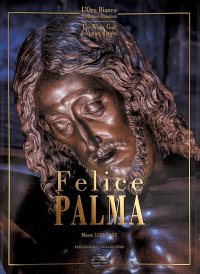

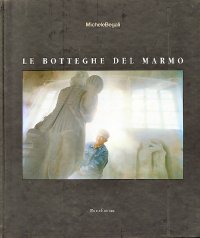
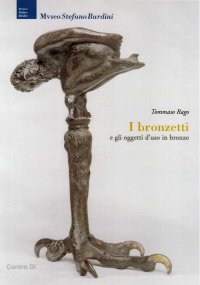
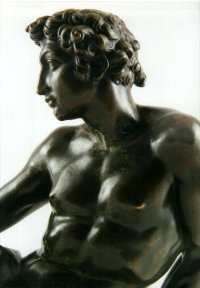
![Verifying the truth on their own terms. Ottoman philosophical culture and the court debate between Zeyrek (d. 903/1497-98 [?]) and ?ocaz?de (d. 893/1488) Verifying the truth on their own terms. Ottoman philosophical culture and the court debate between Zeyrek (d. 903/1497-98 [?]) and ?ocaz?de (d. 893/1488)](https://immagini.libroco.it/copertine/IMMAGINI/7998/3999095.jpg)
